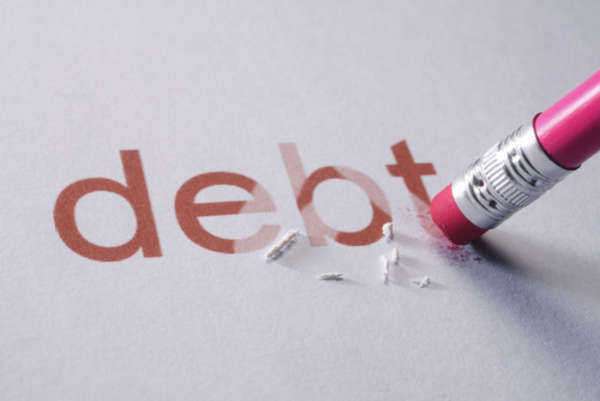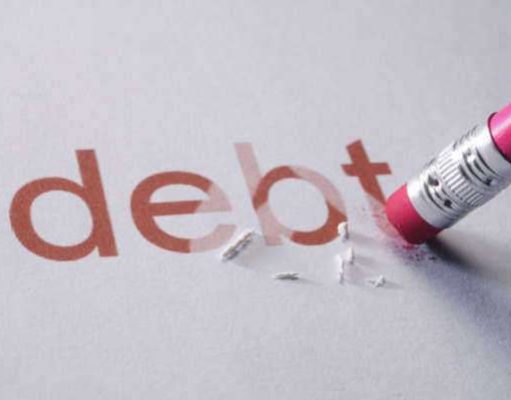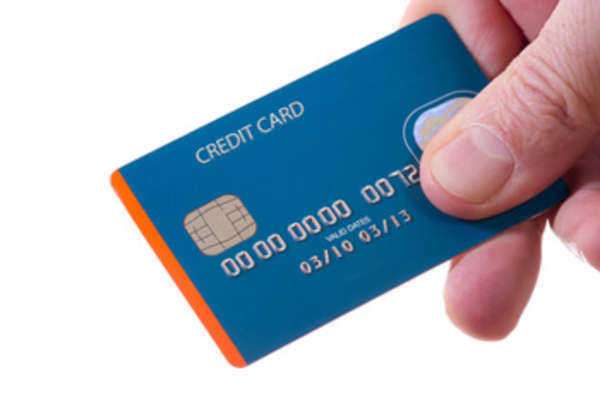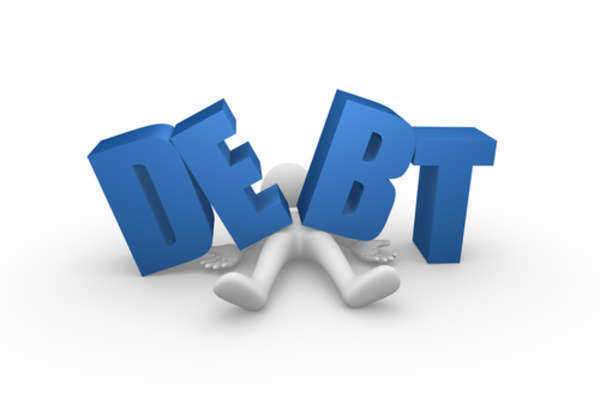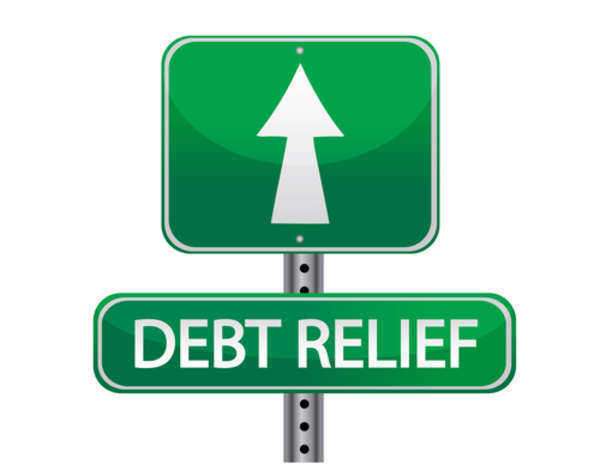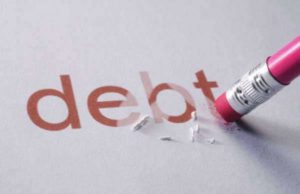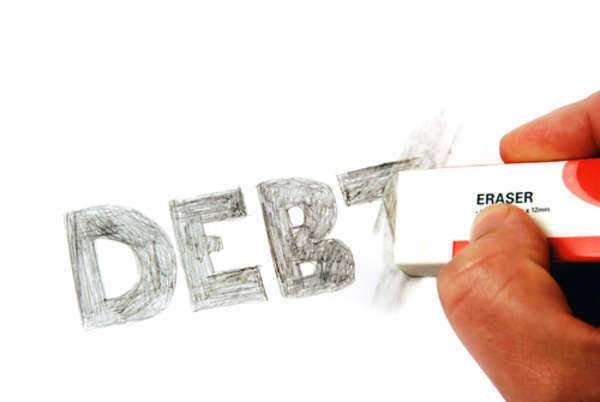All You Need to Know About National Debt
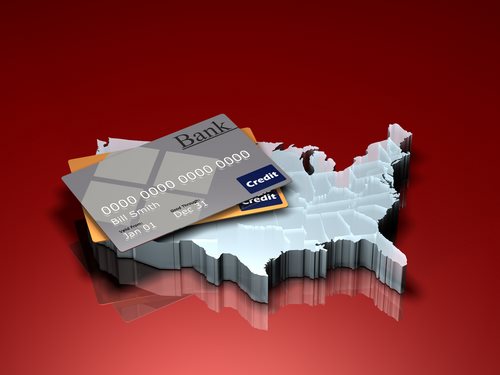
All You Need to Know About National Debt
Introduction
National debt, also known as government debt or public debt, is the amount of money that a country owes to its creditors. It is created by government borrowing to finance its budget deficit or to invest in infrastructure, education, healthcare, and other public services. National debt is a contentious issue, with some people seeing it as a necessary means of financing government spending, while others view it as a burden on future generations. In this article, we will take a deep dive into the topic of national debt, including its causes, effects, and potential solutions.
What is National Debt?
National debt refers to the total amount of money that a country owes to its creditors, both domestic and foreign. It includes both the amount of money that a country has borrowed and the accrued interest on that debt. National debt is typically expressed as a percentage of a country’s GDP, the total value of all goods and services produced within its borders. A country’s national debt can be further broken down into two categories: external debt, which is owed to foreign creditors, and domestic debt, which is owed to citizens and institutions within that country.
What Causes National Debt?
National debt is typically created by governments borrowing money to finance their budget deficits or to invest in public services and infrastructure. When a government spends more money than it generates in revenue, it creates a budget deficit. To finance that deficit, the government must either raise taxes or borrow money by issuing bonds or other debt instruments. When a government borrows money, it must pay interest on that debt, which can add up over time and increase the national debt.
Other factors that can contribute to national debt include wars, economic recessions, and natural disasters. These events can lead to increased government spending and decreased revenue, creating budget deficits that must be financed through borrowing.
What are the Effects of National Debt?
National debt can have both positive and negative effects on an economy. On the one hand, government borrowing can provide funding for public services and infrastructure that can spur economic growth. This can lead to increased employment, higher wages, and improved living standards for citizens. Additionally, government bonds can provide a stable, low-risk investment option for investors.
On the other hand, national debt can also have negative effects on an economy. Higher levels of debt can lead to higher interest payments, which can divert resources away from other public services and investments. As interest rates rise, it can become more difficult for a government to finance its debt, potentially leading to default. Additionally, high levels of debt can lead to decreased confidence in a country’s economy, causing investors to pull out and leading to currency devaluation.
How Much National Debt Does the United States Have?
As of June 2021, the United States national debt is over $28.5 trillion, the highest it has ever been. This represents over 100% of the country’s GDP. The causes of the United States national debt are multifaceted, including budget deficits and the cost of prolonged wars in the Middle East.
What is the United States Doing About National Debt?
The United States government has implemented a number of policies to address the issue of national debt. These include:
1. Fiscal Responsibility: The government has attempted to reduce budget deficits by decreasing spending in certain areas and increasing revenue through tax reforms. However, many of these measures have been controversial and have faced opposition from both parties.
2. Economic Growth: The government has sought to foster economic growth to increase revenue and decrease the budget deficit. This has included investment in infrastructure, tax cuts for businesses, and trade agreements.
3. Entitlement Reform: The government has attempted to address the rising cost of entitlement programs such as Social Security and Medicare by implementing reforms. However, these reforms have been difficult to implement due to political opposition.
4. Debt Reduction: The government has implemented policies aimed at reducing the national debt by decreasing the budget deficit and paying down debt. However, it has been difficult to achieve significant progress in this area due to the political gridlock in Washington.
What Can Be Done About National Debt?
To address the issue of national debt, a number of potential solutions have been proposed. These include:
1. Fiscal Responsibility and Accountability: Governments can take steps to increase fiscal responsibility and accountability by reducing spending in certain areas and increasing revenue through tax reform. Additionally, governments can implement measures to ensure transparency and accountability in their budgeting and spending.
2. Economic Growth: Governments can foster economic growth by investing in infrastructure, providing tax incentives for businesses, and promoting trade agreements that open up new markets for exports.
3. Entitlement Reform: To address the rising cost of entitlement programs, governments can implement reforms that reduce costs while protecting those who rely on these programs. This could include means-testing for benefits and increasing the retirement age for Social Security.
4. Debt Reduction: Governments can take steps to reduce the national debt by decreasing the budget deficit and paying down debt. This could include increasing revenue through tax reform and decreasing spending in certain areas.
Conclusion
National debt is a complex issue that has far-reaching effects on economies and citizens around the world. While there is no one-size-fits-all solution to this issue, governments can take steps to increase accountability, foster economic growth, and reduce the burden of debt on future generations. By working together to address this critical issue, we can create a brighter, more prosperous future for all.
What is the National Debt?
The United States national debt is a measure of the total obligations or amount owed by the United States Federal Government versus the amount of securities held. The National Debt is tabulated by the United States Treasury in two distinct components:
National Debt by the Public: This figure represents all federal securities held by institutions or individuals outside of the United States Federal Government.
Intragovernmental Holdings: This figure represents all United States Treasury Securities held in accounts which are formally administered by the Untied States Government, such as the OASI Trust fund, which is administered by the Social Security Administration.
These two subcomponents, when combined, yield the National Debt figure. As of May, 2011, the Total National Debt owed by the United States Federal Government was approximately $14.3 trillion dollars. The National Debt is not to be confused with the trade deficit, which is the difference between the country’s net imports and net exports. Furthermore, all state and local government securities, issued by local governments, are not part of the National Debt.
The annual National Debt refers to the cash difference between all government receipts and spending of the United States Federal Government. The National Debt therefore increases or decreases as a result of the unified budget deficit or surplus. That being said, there is certain spending efforts that add to the gross debt but are excluded from the deficit.
Throughout history the National Debt has fluctuated greatly. Currently the debt is the highest it’s ever been; the United States is spending billions per month on defense and has their wars financed through interest loans from China. In decades prior, the United States operated with a budget surplus, meaning the nation was not indebted to other countries.
History of the National Debt
The United States, since its inception, has possessed a public debt. The National Debt first incurred during the American Revolutionary War and under the Articles of Confederation, the first National Debt was estimated at over $75 million dollars. Over the next 20 years, there were 14 surpluses to only two deficits. Following this time of prosperity, the United States Federal Government experienced another blow to the National Debt when financing for the War of 1812 exceeded the nation’s security holdings.
The second dramatic growth spurt of the National Debt occurred as a result of the Civil War—the National Debt ballooned from $65 million in 1860 to over $2.7 billion following the war. IN the following 50 years, however, the United States returned to the practice of running surpluses during times of peace. During this juncture, over 55% of the nation’s national debt was paid off.
The next period of major growth in the National Debt came during World War II—after the war the National Debt rose to over $25.5 billion. Similar to the previous cycles, the end of World War II was met with 11 straight surpluses. The buildup and involvement in World War II plus various social programs during the Roosevelt and Truman Administration caused a sixteen-fold increase in the gross public debt from $16 billion in 1930 to $260 billion in 1950.
Following the World War II period, the growth of the National debt mirrored the rate of inflation, where it tripled in size from $260 billion in 1950 to roughly $1 trillion in 1980. Following this era, the national public debt rose and fell between 1992 and 2000 and then increased under George W. Bush to $10.7 trillion by December of 2008. Under President Barack Obama, the debt increased from $10.7 trillion to $14.2 trillion by February 2011.

